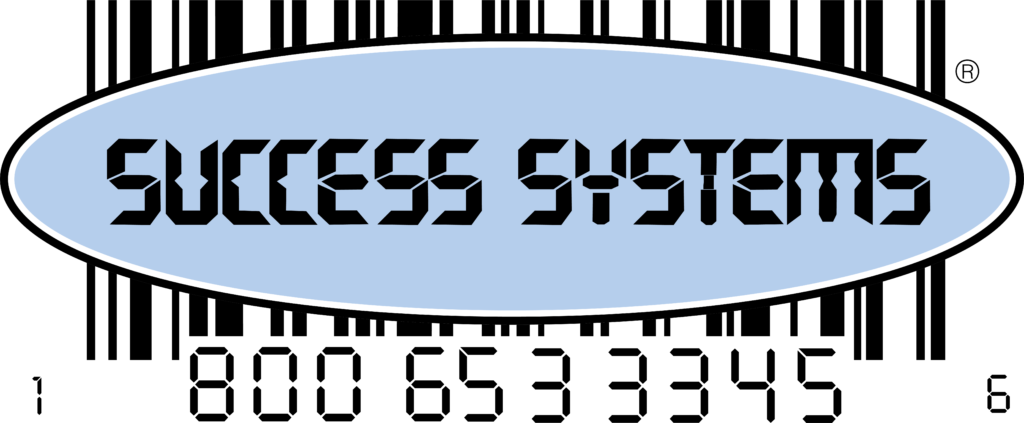Why You Benefit From From Fuel Management Systems
The fuel industry can seem to be very volatile when it comes to pricing versus supply and demand. However, as the National Association of Convenience Stores reported in 2018, pricing can be influenced by seasonal blending, infrastructure maintenance requirements, and seasonal demand, all of which create pricing challenges for convenience store retailers. Utilizing fuel management systems can help you help you prepare for these changes and more.
The Price of Processing
From an outsider’s perspective, the ebb and flow of fuel pricing might seem confusing, but the petroleum industry has a number of scheduled processes that affect fuel prices. Beginning in February and continuing through to June, the petroleum industry shifts how it processes raw materials and swaps over to summer-blend fuels, which have a lower yield and more complicated processing requirements. This summer-blend process, primarily impacted by the Clean Air Act Amendments of 2000, causes prices to increase and peak an average of 51 cents higher per gallon. Pricing is further affected by the number of blends required by various state and regional requirements during the summer months. The transition point of having to swap to the summer-blend has a number of regulatory requirements and consequences if not met by the May 1st transition deadline, and results in lower inventories and higher prices as seasonal demands increase.
The Cost of Upkeep
Demand cycles also affect business decisions throughout the refinery process. With the lowest demand levels occurring in January and February, the petroleum industry also utilizes the first quarter of the year to schedule refinery maintenance, a process that also helps with the summer-blend transition discussed above. This process can be a total or partial shutdown of about a quarter of the country’s refinery processing plants. Planned well in advance, these maintenance cycles take place regardless of shutdowns or issues in the other plants throughout the petroleum industry infrastructure.
Pay the Way for Vacation Time
The first quarter transitions and maintenance activities of the petroleum industry are designed to take place in order to prepare the industry to handle the increase in demand that takes place between February and August. Demand increases throughout this period drive production cost increases as the industry maintains supply levels and prices climb accordingly. High prices continue until the fall when demand drops, and the stresses on production ease costs.
Partner Up to Remain Competitive
Without the proper tools to automate supplier ordering, pricing, and tracking demand, a gas station can run the risk of being unable to maintain supply levels. Nothing hurts a convenience store’s bottom line more than customers being unable to rely upon your supply line to buy what they need – especially when it comes to fuel. Success Systems offers fuel management software solutions to clients that can handle even the most dynamic fuel supply challenges. If you need a better fuel management solution, or any other convenience store back-office software solutions, contact Success Systems today to explore the options available.
You Might Also Like
Unlocking Efficiency and Profitability: ItScans-AI for Independent Retailers Powerful Tool Converts Paper Invoices to EDI – in 30 Seconds or Less Discover the power of ItScans-AI, the cutting-edge solution offered…
LotteryTrak® When only 5% of revenue is the retailer’s, control becomes the key to preventing losses in your Lottery Category. LotteryTrak is the most comprehensive, labor-saving, Real-Time based inventory solution…
Success Systems Announces Diamond-Level Sponsorship at 2023 Conexxus Annual Conference Norwalk, CT – Success Systems, the leading provider of retail automation solutions for independent retailers, is excited to announce…
Better managing inventory levels in your convenience store is something that will immediately impact the profitability of your business. Gone are the days of reconciliation in Microsoft excel and the…
In the past, retailers ran their businesses according to instinct and past experience. There were tried and true methods that all retailers swore by and for years it was how…



